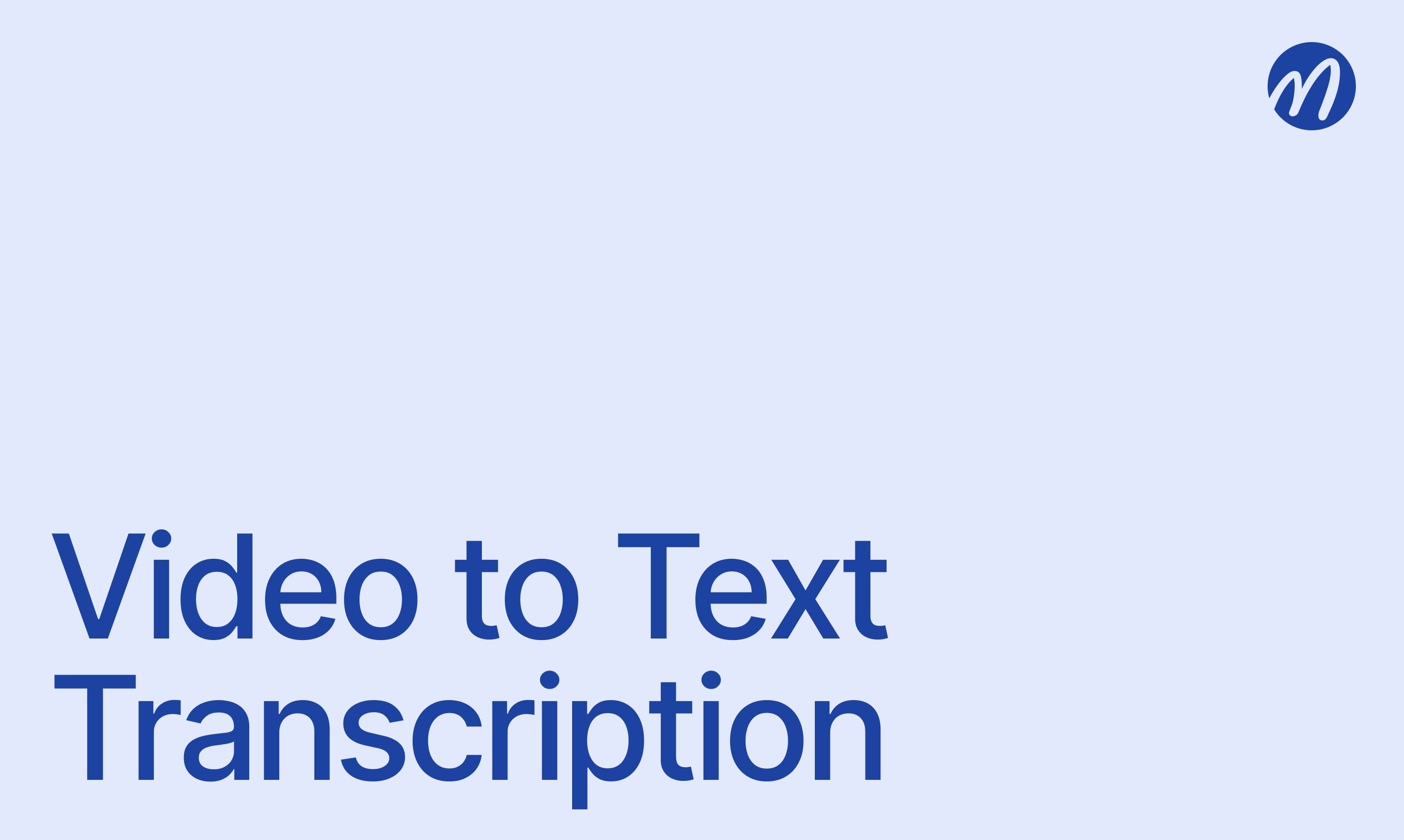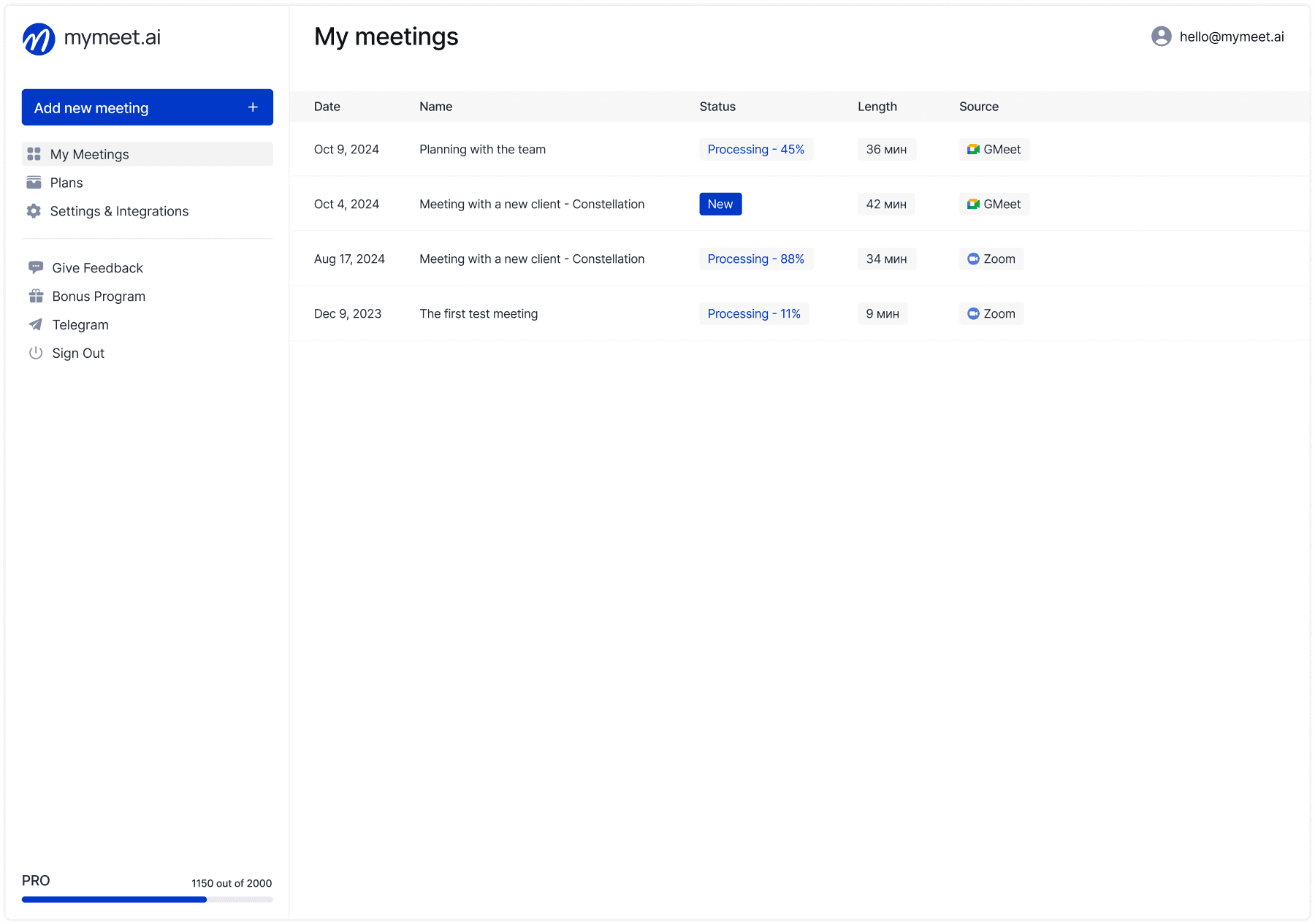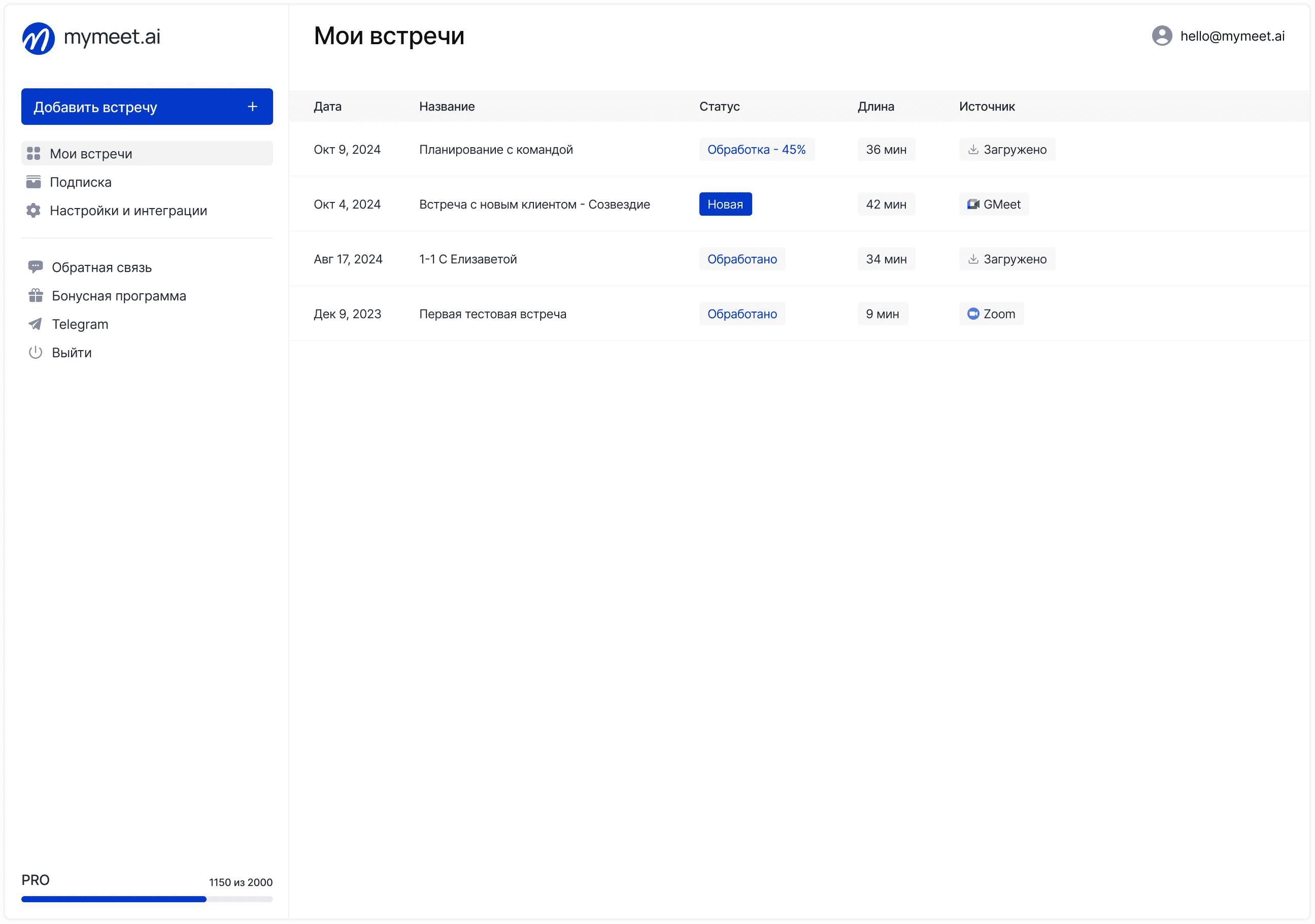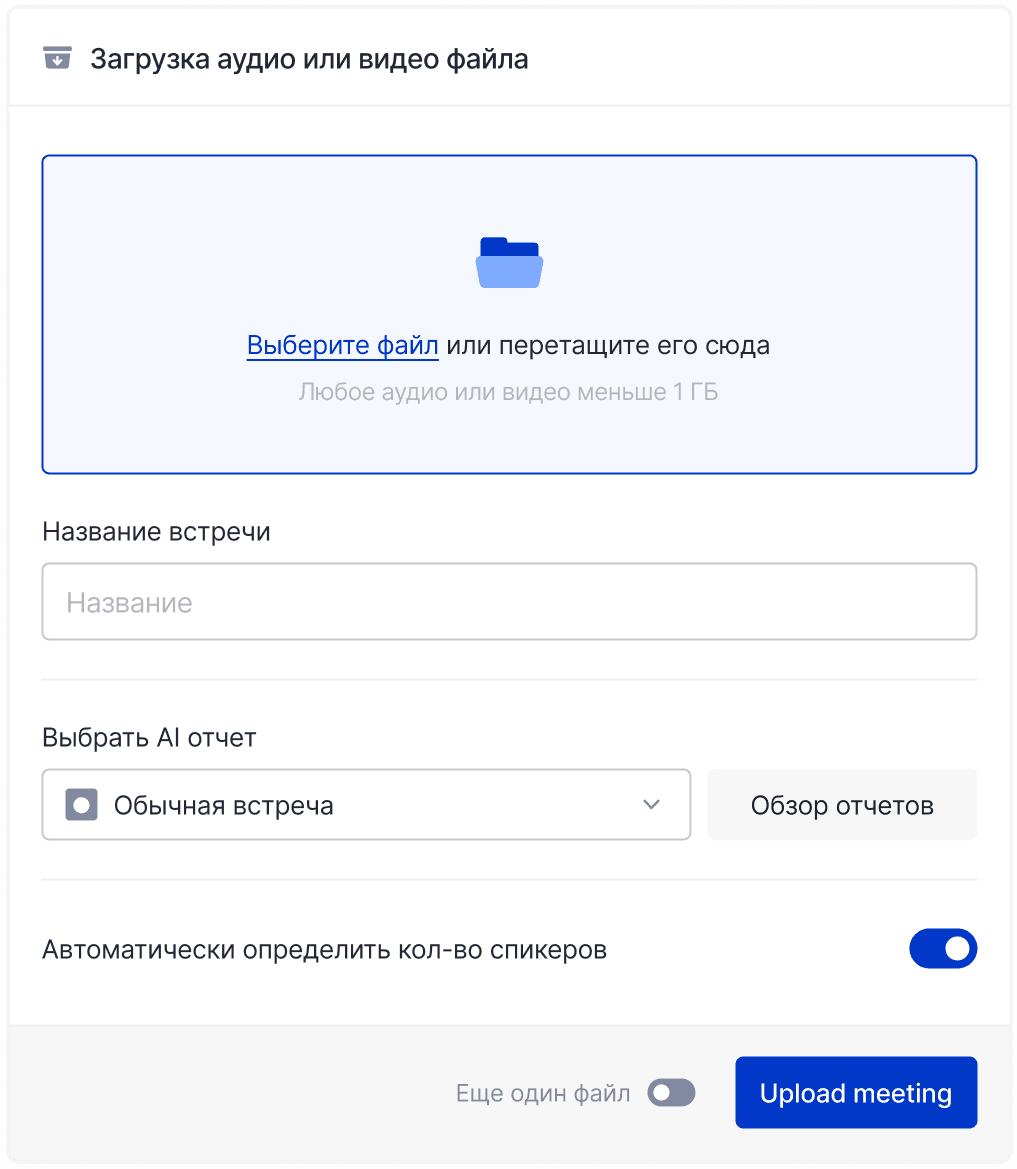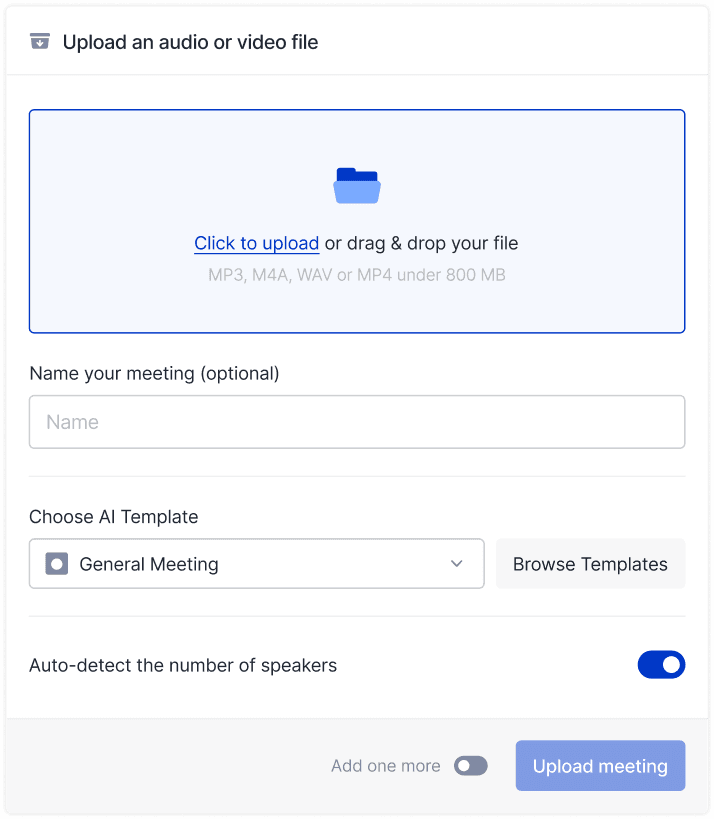Technology & AI

Ilya Berdysh
Jun 19, 2025
Anthropic's Claude Opus 4 represents a quantum leap in AI capabilities, pushing the frontier across coding, autonomous agents, and creative tasks. This flagship model combines raw intelligence with sophisticated reasoning abilities, enabling applications that were previously impossible with existing AI technology.
Bottom Line: Claude Opus 4, released May 22, 2025, is Anthropic's most intelligent model to date, leading on SWE-bench (72.5%) and setting new standards for coding, agentic search, and creative writing. With hybrid reasoning, 200K context window, and extended thinking capabilities, it transforms complex engineering and business workflows at $15/$75 per million tokens.
What is Claude Opus 4

Claude Opus 4 stands as Anthropic's most advanced model, designed specifically for complex tasks requiring sustained attention and multi-step reasoning. Unlike previous models that excelled in narrow domains, Opus 4 delivers state-of-the-art performance across diverse applications while maintaining the thoughtful, helpful personality that defines the Claude family.
The model represents a fundamental advancement in AI architecture, featuring hybrid reasoning that allows for both instant responses and extended, step-by-step thinking visible through user-friendly summaries. This flexibility enables optimal performance across different task types while giving users fine-grained control over computational resources and costs.
Core Capabilities and Architecture
Claude Opus 4's technical foundation enables capabilities that redefine what's possible with AI-powered applications and workflows.
Context Window: 200,000 tokens for comprehensive document analysis
Output Capacity: 32,768 tokens for extensive generation tasks
Hybrid Reasoning: Instant responses or extended thinking modes
Multimodal Processing: Advanced text and image understanding
Tool Integration: Parallel tool execution with external APIs
These specifications enable processing complex technical documents, generating substantial code projects, and maintaining context across extended problem-solving sessions. The hybrid reasoning capability allows the model to adapt its computational approach based on task complexity and user requirements.
Pricing and Availability Structure
Claude Opus 4's pricing reflects its position as a premium model while offering cost optimization features for sustained usage.
Input Tokens: $15 per million tokens
Output Tokens: $75 per million tokens
Prompt Caching: Up to 90% cost savings on repeated context
Batch Processing: 50% cost reduction for non-urgent tasks
The pricing structure makes Opus 4 accessible for teams that require frontier intelligence while providing optimization paths for applications with predictable usage patterns. Cost savings through caching and batching can reduce operational expenses by 70-90% for appropriate use cases.
Claude Opus 4 vs Previous Models
Direct comparisons reveal dramatic improvements across every benchmark that matters for practical applications, establishing Opus 4 as the clear leader in multiple domains.
Coding Excellence and Software Engineering
Claude Opus 4 achieves unprecedented performance on real-world software engineering tasks, demonstrating capabilities that approach or exceed human expert levels in many scenarios.
Benchmark | Claude Opus 4 | Claude Sonnet 3.7 | OpenAI GPT-4.1 | Improvement |
SWE-bench Verified | 72.5% | 62.3% | 54.6% | +10.2% over 3.7 |
Terminal-bench | 43.2% | 35.2% | 30.3% | +8.0% over 3.7 |
Aider Polyglot | 79.4% | 70.3% | 52.9% | +9.1% over 3.7 |
These improvements translate to more reliable automated code generation, better architectural decision-making, and reduced debugging time. Development teams report 60% fewer instances where AI-generated code requires significant manual correction.
Advanced Reasoning and Problem Solving
The model's reasoning capabilities show substantial gains in tasks requiring complex logical thinking and multi-step analysis.
GPQA Diamond: 79.6% vs 78.2% for Sonnet 3.7
AIME 2025: 75.5% vs 54.8% for Sonnet 3.7
MMLU: 88.8% maintaining high general knowledge performance
These reasoning improvements enable applications like autonomous research, complex business analysis, and technical problem-solving that require synthesizing information from multiple sources and drawing sophisticated conclusions.
Creative and Content Generation
Beyond technical tasks, Opus 4 demonstrates exceptional capabilities in creative writing and content generation, surpassing previous Claude models in style, coherence, and engagement.
User evaluations consistently rate Opus 4's creative outputs as more natural, engaging, and contextually appropriate compared to competing models. The model maintains Claude's characteristic thoughtfulness while delivering more sophisticated and nuanced creative work.
Hybrid Reasoning: Instant Responses and Extended Thinking
Claude Opus 4's hybrid reasoning system represents a breakthrough in AI architecture, allowing users to choose between immediate responses and deep, deliberative analysis based on task requirements.
Instant Response Mode
For straightforward queries and routine tasks, Opus 4 delivers immediate responses with performance comparable to or exceeding previous flagship models. This mode optimizes for speed and cost-efficiency while maintaining high quality outputs.
Applications ideal for instant mode include code completion, quick analysis, routine document processing, and interactive conversations where response time is critical. Teams report significant productivity gains when using instant mode for iterative development workflows.
Extended Thinking Mode
When enabled, extended thinking allows Opus 4 to work through complex problems systematically, showing its reasoning process through user-friendly summaries. This capability enables solving problems that require sustained attention and sophisticated analysis.
Extended thinking proves particularly valuable for architectural planning, complex debugging, research synthesis, and strategic analysis where thoroughness matters more than speed. The visible reasoning process helps users understand the model's approach and validate its conclusions.
Thinking Summaries and Control
Anthropic has implemented thinking summaries that condense lengthy thought processes for better user experience, needed only about 5% of the time when reasoning becomes extensive. Users requiring full access to raw reasoning chains can contact sales about Developer Mode for complete transparency.
This balance provides optimal user experience while maintaining access to detailed reasoning when needed for advanced applications or prompt engineering requirements.
Advanced Tool Integration and Parallel Execution
Claude Opus 4 introduces sophisticated tool integration capabilities that enable complex workflows involving multiple external systems and data sources.
Parallel Tool Execution
The model can execute multiple tools simultaneously, dramatically improving efficiency for tasks requiring diverse data sources or complex integrations. This capability enables workflows that were previously impossible with sequential tool execution.
Applications include simultaneous database queries, parallel API calls for data enrichment, and coordinated actions across multiple business systems. Teams report 40-60% time savings on complex data processing workflows.
Memory and Continuity Features
When provided with local file access, Opus 4 demonstrates exceptional memory capabilities, creating and maintaining memory files to store key information. This feature enables better long-term task awareness, coherence, and performance on extended projects.
The memory system allows Opus 4 to build institutional knowledge about projects, teams, and preferences over time, creating more personalized and context-aware interactions. This capability proves particularly valuable for ongoing development projects and strategic business initiatives.
Extended Thinking with Tool Use
The beta feature for extended thinking with tool use allows Claude to alternate between reasoning and tool execution, improving response quality for complex queries requiring external data. This integration enables sophisticated research and analysis workflows that combine deep thinking with real-time information gathering.
Real-World Success Stories and Industry Adoption
Leading technology companies across various sectors are already experiencing transformative results with Claude Opus 4, demonstrating its practical value in production environments.
Software Development and Engineering
Cursor reports that Claude Opus 4 represents a "leap forward in complex codebase understanding," with developers experiencing across-the-board capability improvements. The model's ability to understand architectural decisions and maintain consistency across large codebases has transformed their development workflows.
Replit highlights Opus 4's "improved precision in instruction following plus thinking mode gains," noting real potential to fundamentally change how their Agent works. The model handles complex multi-file changes without touching unrelated code, reducing review overhead significantly.
Block calls Opus 4 "the first model to boost code quality during editing and debugging" in their agent codenamed "goose," maintaining full performance and reliability. This capability represents a breakthrough in AI-assisted code improvement workflows.
Enterprise and Financial Applications
Cognition notes that "Claude Opus 4 excels at solving complex challenges that other models can't," successfully handling critical actions that previous models missed. This reliability proves transformative for mission-critical development workflows.
Thomson Reuters validated Opus 4's capabilities on complex litigation tasks, with the model successfully engaging full litigation records and populating summary judgments with granular citations mapped to specific elements of cause of action.
Databricks expresses excitement for Opus 4's "frontier intelligence capabilities, especially around agentic reasoning and tool use," enabling customers to build more sophisticated agents that reason over enterprise data.
Research and Development
Rakuten deployed Opus 4 on a complex open-source project where it "coded autonomously for nearly seven hours," demonstrating sustained performance that amazed their technical team. This capability opens new possibilities for automated software development and maintenance.
Vercel reports that with "modest shifts in prompting," they've seen Opus 4 deliver "cleaner, more precise high-quality output," improving their AI-powered development tools and reducing manual code review requirements.
Claude Opus 4 and Meeting Intelligence with Mymeet.ai
While Claude Opus 4 represents the cutting edge of AI capabilities, organizations seeking to maximize value from their meetings can leverage both advanced AI models and specialized meeting automation platforms. Mymeet.ai provides comprehensive meeting intelligence through automated recording, transcription, and analysis, while teams can supplement this with Claude Opus 4's frontier reasoning capabilities for complex strategic analysis.

Meeting Intelligence in the AI Era
Modern organizations conduct increasingly complex discussions involving technical architecture, strategic planning, and cross-functional coordination. These conversations contain valuable insights that traditional note-taking approaches often miss or inadequately capture. Advanced AI models like Claude Opus 4 demonstrate the potential for sophisticated analysis of complex discussions and strategic reasoning.

Mymeet.ai addresses this challenge through automated meeting intelligence that captures, transcribes, and analyzes discussions across Zoom, Google Meet, and Microsoft Teams. The platform's AI assistant, built on advanced language models, provides immediate insights and action item extraction that teams can further enhance with frontier AI capabilities for strategic analysis.
Advantages of Advanced Meeting Intelligence Platforms
Organizations implementing sophisticated meeting intelligence solutions experience significant productivity gains and strategic advantages that compound over time.
Comprehensive Documentation: Automatic recording and transcription in 70+ languages with speaker identification and chapter segmentation

Immediate Action Items: AI-powered extraction of decisions, commitments, and deadlines with responsibility assignment

Strategic Insights: Advanced analysis of discussion patterns, decision-making processes, and organizational alignment
Knowledge Preservation: Institutional memory building through searchable archives of strategic discussions and technical decisions
Cross-Meeting Analysis: Pattern recognition across multiple related discussions to identify strategic themes and recurring issues
Executive Intelligence: Sophisticated summary generation for leadership briefings that capture nuance and strategic context
Risk Identification: Proactive identification of potential project risks and coordination challenges from discussion content
Workflow Integration: Seamless integration with existing tools like calendars, project management systems, and communication platforms
ROI and Strategic Value
The implementation of advanced meeting intelligence delivers measurable returns through improved decision-making speed, enhanced strategic alignment, and reduced coordination overhead. Organizations typically see 40-60% reduction in post-meeting documentation time and significantly improved follow-through on meeting decisions.
Teams using sophisticated meeting intelligence report that strategic insights and risk identification often justify implementation costs within the first month. The combination of automated capture with advanced AI analysis creates competitive advantages that compound over time as organizational knowledge accumulates.
API Integration and Advanced Development Workflows
Implementing Claude Opus 4 effectively requires understanding both the technical integration requirements and optimization strategies that maximize its unique capabilities.
Advanced API Implementation
Opus 4's sophisticated capabilities require thoughtful implementation that takes advantage of its hybrid reasoning and tool integration features.
from anthropic import Anthropic
This implementation enables Opus 4's full analytical capabilities while providing control over computational resources and costs based on specific application requirements.
Tool Integration and Parallel Execution
Opus 4's parallel tool execution capabilities enable sophisticated workflows that coordinate multiple data sources and external systems.
This approach dramatically reduces latency for complex analysis tasks while enabling more sophisticated reasoning about coordinated data from multiple sources.
Memory and Continuity Implementation
For applications requiring sustained context and institutional knowledge building, Opus 4's memory capabilities provide significant advantages.
This implementation enables Opus 4 to maintain context and build knowledge across multiple sessions, creating more coherent and informed interactions over time.
Claude Opus 4 vs Competition: Comprehensive Analysis
A detailed comparison across all major AI models reveals Claude Opus 4's leadership position in multiple domains while highlighting specific scenarios where different models excel. This comprehensive analysis helps teams make informed decisions based on their specific requirements and use cases.
Model | Release Date | Context Window | Input Price | Output Price | SWE-bench | GPQA Diamond | MMLU | AIME 2025 | TAU-bench | Best Use Cases |
Claude Opus 4 | May 2025 | 200K | $15/1M | $75/1M | 72.5% | 79.6% | 88.8% | 75.5% | 81.4% | Complex reasoning, coding, agents |
Claude Sonnet 4 | May 2025 | 200K | $3/1M | $15/1M | 72.7% | 75.4% | 86.5% | 70.5% | 80.5% | Balanced performance/cost |
OpenAI o3 | Jan 2025 | 128K | $20/1M | $80/1M | 69.1% | 83.3% | 87.9% | 88.9% | 70.4% | Mathematical reasoning |
GPT-4.1 | Apr 2025 | 1M | $2/1M | $8/1M | 54.6% | 66.3% | 90.2% | 48.1% | 68.0% | Large context coding |
GPT-4.1 Mini | Apr 2025 | 1M | $0.4/1M | $1.6/1M | 23.6% | 65.0% | 87.5% | 49.6% | 33.0% | Cost-efficient development |
Gemini 2.5 Pro | Dec 2024 | 1M | $1.25/1M | $5/1M | 63.2% | 83.0% | 85.1% | 83.0% | N/A | Large context analysis |
Claude Sonnet 3.7 | Oct 2024 | 200K | $3/1M | $15/1M | 62.3% | 78.2% | 85.9% | 54.8% | 81.2% | Previous generation |
This comparison reveals Claude Opus 4's dominance in software engineering tasks and agent workflows, while showing competitive performance in reasoning benchmarks. The model's hybrid reasoning capability and extended thinking features provide unique advantages not captured in standard benchmarks.
Performance Comparison Matrix
Direct benchmarking against leading competitors demonstrates Opus 4's superiority in tasks requiring sophisticated reasoning and sustained performance.
Domain | Claude Opus 4 | OpenAI o3 | Gemini 2.5 Pro | Best For |
Software Engineering | 72.5% SWE-bench | 69.1% | 63.2% | Complex development projects |
Reasoning Tasks | 79.6% GPQA | 83.3% | 83.0% | Graduate-level analysis |
Agent Workflows | 81.4% TAU-bench | 70.4% | N/A | Autonomous task execution |
Creative Writing | Superior quality | Good | Moderate | Content generation |
Cost Efficiency | $15/$75 | Higher | Variable | Production scaling |
Opus 4 excels particularly in areas requiring sustained attention, complex reasoning, and sophisticated tool integration. The model's hybrid reasoning capability provides unique advantages for applications that benefit from extended analysis.
When to Choose Claude Opus 4
The model provides maximum value for specific applications where its unique capabilities create significant competitive advantages.
Ideal Applications: Complex software architecture, autonomous agents, strategic analysis, research synthesis, creative content generation, and any application requiring sustained intelligent reasoning over extended periods.
Consider Alternatives For: Simple computational tasks, basic content generation, applications with strict cost constraints, or scenarios where other models' specific strengths (like mathematical computation) are more important than general intelligence.
Opus 4's position as a frontier intelligence model makes it the optimal choice for organizations pushing the boundaries of what's possible with AI-powered applications.
Implementation Strategy and Future Planning
Successfully deploying Claude Opus 4 requires strategic planning that considers both its advanced capabilities and resource requirements for optimal results.
Phase 1: Capability Assessment and Pilot Testing
Begin with controlled evaluation of Opus 4's performance on your specific use cases, establishing clear success metrics and comparing results with existing solutions.
Week 1-2: Technical Validation
Implement basic API integration with hybrid reasoning
Test extended thinking on complex representative tasks
Evaluate tool integration capabilities with your systems
Measure performance, quality, and cost metrics
Week 3-4: Advanced Feature Testing
Deploy memory capabilities for sustained projects
Test parallel tool execution for complex workflows
Evaluate thinking summaries and reasoning transparency
Establish optimization strategies for cost management
This systematic approach helps identify where Opus 4's advanced capabilities provide the most value while establishing best practices for implementation.
Phase 2: Strategic Integration and Scaling
Expand implementation to production workflows while developing organizational capabilities to maximize Opus 4's unique strengths.
Advanced Workflow Development:
Implement extended thinking for strategic analysis tasks
Deploy memory systems for long-term project management
Integrate parallel tool execution for complex data workflows
Establish reasoning transparency protocols for critical decisions
Team Training and Development:
Train team members on advanced prompting techniques
Develop expertise in hybrid reasoning optimization
Create guidelines for when to use extended vs instant thinking
Establish quality assurance processes for AI-generated insights
Organizations typically see immediate improvements in complex task completion rates and strategic analysis quality, with continued gains as teams develop expertise with advanced features.
Long-Term Strategic Considerations
Opus 4 represents current state-of-the-art in AI intelligence, requiring strategic planning that considers both current capabilities and future model evolution.
Organizational Transformation: Teams successfully integrating Opus 4 into strategic workflows gain sustainable competitive advantages through enhanced analytical capabilities and more sophisticated automated reasoning.
Technology Evolution: Plan for future model improvements while building organizational expertise in advanced AI capabilities that will remain valuable as technology continues advancing.
Competitive Positioning: Organizations that effectively leverage frontier intelligence models like Opus 4 create competitive moats that are difficult for competitors to replicate quickly, particularly in knowledge-intensive industries.
Conclusion: The Future of Frontier AI Intelligence
Claude Opus 4 represents a fundamental advancement in AI capabilities, establishing new standards for what's possible with artificial intelligence across coding, reasoning, and creative applications. Its hybrid reasoning architecture and sophisticated tool integration capabilities enable applications that were previously impossible with existing technology.
The combination of frontier intelligence with practical features like cost optimization, memory capabilities, and transparent reasoning makes Opus 4 accessible for organizations ready to leverage cutting-edge AI capabilities. When integrated with specialized platforms like mymeet.ai, these capabilities transform routine business processes into sources of strategic competitive advantage.
For teams and organizations evaluating next-generation AI adoption, Claude Opus 4 offers a compelling pathway to frontier intelligence that balances advanced capabilities with practical implementation considerations. The model's proven success across diverse industries and applications demonstrates its readiness for production deployment in demanding environments.
The future belongs to organizations that successfully integrate frontier AI capabilities into their strategic workflows, and Claude Opus 4 provides the most advanced, practical solution available for achieving that transformation.
FAQ
What is Claude Opus 4 and how does it differ from previous models?
Claude Opus 4 is Anthropic's most advanced AI model, featuring hybrid reasoning, extended thinking capabilities, and industry-leading performance on coding (72.5% SWE-bench) and reasoning tasks. It offers both instant responses and deep analytical thinking modes.
When was Claude Opus 4 released and how can I access it?
Claude Opus 4 was released on May 22, 2025, and is available through Claude Pro, Max, Team, and Enterprise plans, as well as the Anthropic API, Amazon Bedrock, and Google Cloud's Vertex AI.
What does Claude Opus 4 cost compared to other premium AI models?
Claude Opus 4 pricing starts at $15 per million input tokens and $75 per million output tokens, with up to 90% cost savings through prompt caching and 50% savings with batch processing.
What programming languages and coding tasks does Claude Opus 4 excel at?
Claude Opus 4 leads on SWE-bench (72.5%) and Terminal-bench (43.2%), excelling at complex multi-file changes, architectural decisions, code reviews, and sustained coding tasks across all major programming languages.
How does Claude Opus 4's extended thinking feature work?
Extended thinking allows Opus 4 to work through complex problems systematically, showing its reasoning process through user-friendly summaries. Users can control thinking budgets for optimal cost and performance balance.
Can Claude Opus 4 use external tools and APIs effectively?
Yes, Claude Opus 4 features advanced tool integration with parallel execution capabilities, enabling sophisticated workflows that coordinate multiple data sources and external systems simultaneously.
What makes Claude Opus 4 better for business and strategic analysis?
Claude Opus 4's hybrid reasoning, memory capabilities, and extended thinking enable sophisticated strategic analysis, risk assessment, and long-term planning that goes beyond simple document processing.
How does Claude Opus 4 integrate with meeting automation platforms?
Claude Opus 4 integrates seamlessly with platforms like mymeet.ai to provide advanced meeting analysis, strategic insights extraction, and comprehensive business intelligence from recorded discussions.
What are the context window and output limits for Claude Opus 4?
Claude Opus 4 supports a 200,000 token context window and can generate up to 32,768 tokens in a single response, enabling comprehensive document analysis and extensive content generation.
When should I choose Claude Opus 4 over other AI models?
Choose Claude Opus 4 for complex reasoning tasks, sophisticated coding projects, autonomous agents, strategic analysis, and applications requiring sustained intelligent performance over extended periods.
Ilya Berdysh
Jun 19, 2025



